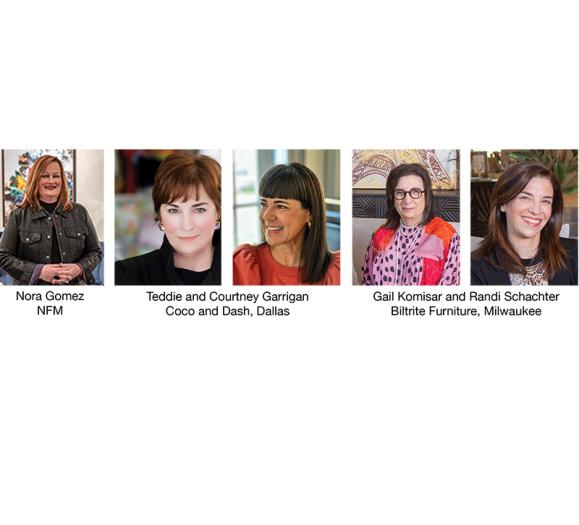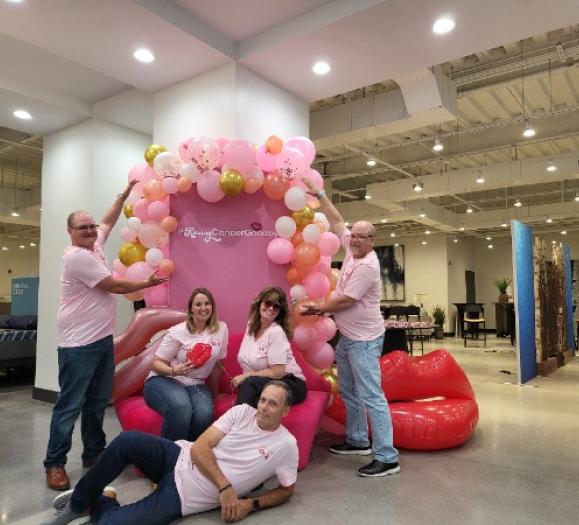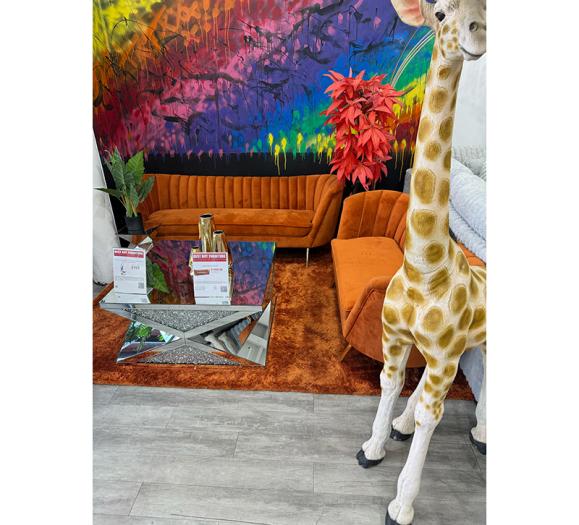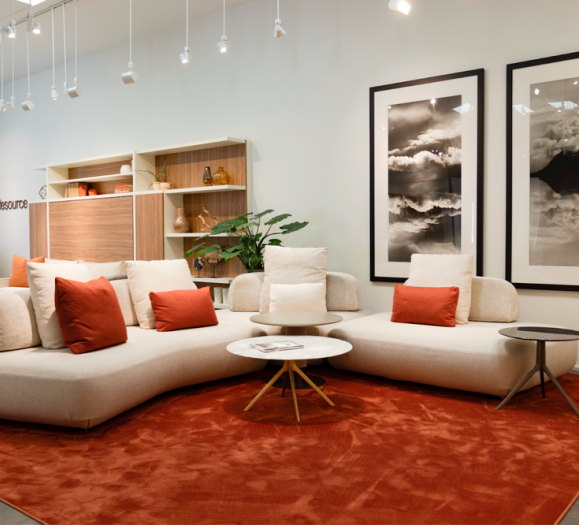The great news about home furnishings is that for every home built, every home renovation completed, every move made, and every family addition whether a baby, young adults, or seniors moving in, furniture is needed. Knowing how to increase your furniture profit potential is the key to benefiting from the consumer need for home furnishings.
It’s also overwhelming to consumers. Today, more than ever before, there are billions of choices from the ideal sofa to the perfect lamp, from the just right chair to the model rug. And while HGTV has empowered consumers, it has not educated them nearly as well. They need the expert guidance, direction, and consultation of home furnishing professionals and designers.
There are three steps to increase your furniture profit potential with every customer and they rely on a well-trained designer or design team in your retail store. Whether your operation is a single store with selected furnishings, a warehouse concept with stock on hand for immediate delivery, or a big box retailer with outlets across the region and the country, these steps will deliver more business.
1. Get Inside Their Home
Your designer needs to see your buyer’s home first hand so they can assess the full potential. While a consumer may think all they need is a rug and sofa, your designer can open their eyes to a world of possibility. This is not merely a “house call” but an opportunity to increase your furniture profit potential.
Leveraging an in depth “lifestyle questionnaire” positions design as an extreme value and your designer as the talent they need. Take a peek at the questionnaire I’ve been using for over a decade to double and triple my client’s interior investment.
In addition, your designer has the expertise to show them that design is contextual and one change in one room will lead to a cascade of changes throughout the house. When they upgrade one room, it is likely to create the burning desire for upgrades in other areas. Be ready with a plan.
In today’s competitive environment you can charge for these services. And you can offer to reduce their furniture investment by the amount of the design fee.
2. Provide a Complete Home Review
Your designer must be trained to do a full home walk through in 90-120 minutes. Asking key questions of the potential buyer (buyer if they invested in design services at a fixed fee) and revealing the property’s interior (and home furnishing) potential.
Providing an in-depth lifestyle questionnaire first will position design as essential and elevate the furniture shopping experience to a new level of importance. It also makes your buyer feel important and cared for.
Dimensions are taken at this time in anticipation of floor plans being drawn up, window treatments designed, and a lifestyle inventory of best furnishings for the project created. Following the home review, a complete room by room written assessment is provided with bullet point detail of every change recommended. Each step is essential to increase your furniture profit potential.
3. Map Out the Phases
Following the Home Review and report, the designer and buyer meet to establish the project phases. While some customers will do it all at once, most will start with one or two rooms and then add others in months to come.
The customer feels confident with a well-designed plan that meets their lifestyle needs. Decisions have been made so they no longer feel uncertainty or overwhelm and are looking forward to enjoying the results. You can also put them on a plan that facilitates their purchases as items go on sale. This ensures they get the best buy at the time and avoid the ugliness of buyer’s remorse.
If, for any reason, they decide not to go ahead at the present time, your designer’s time has been paid for (if you opted to charge) and they still have the plan you created for future reference.
Most customers are in a state of overwhelm and would like to have design help. Many watch HGTV and see what’s possible but still have no clue how to get there.
Either way, your bottom line wins.








